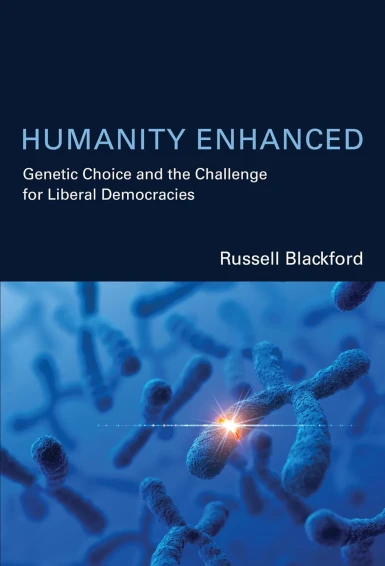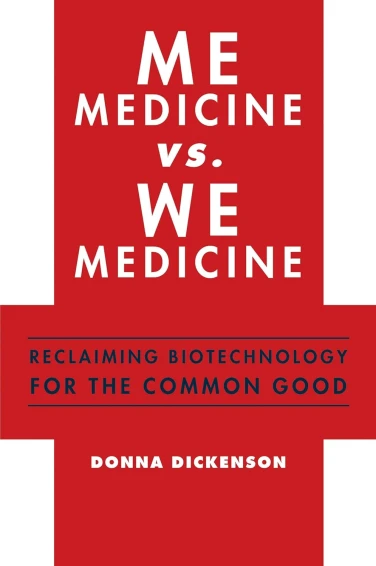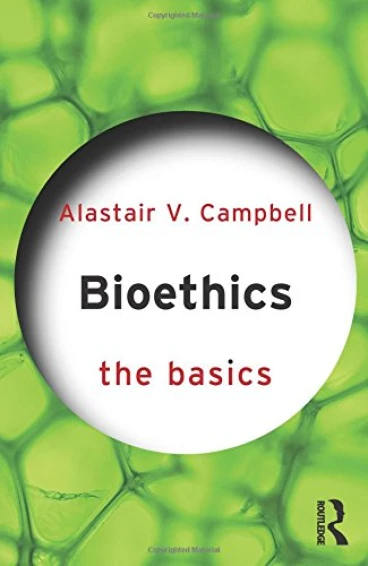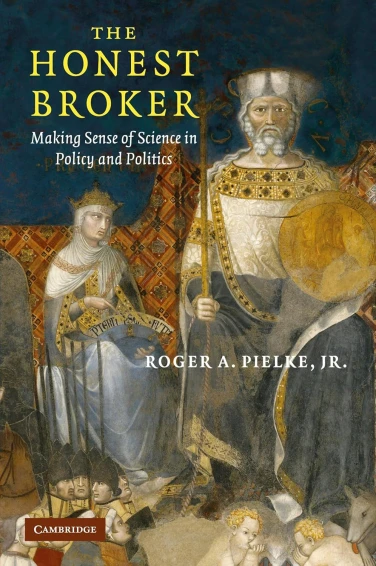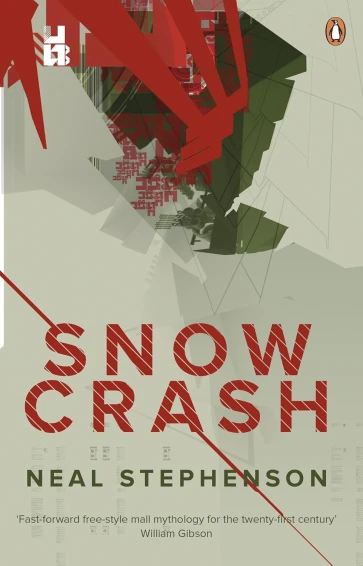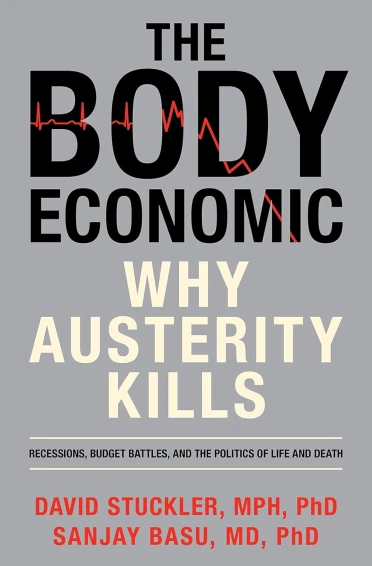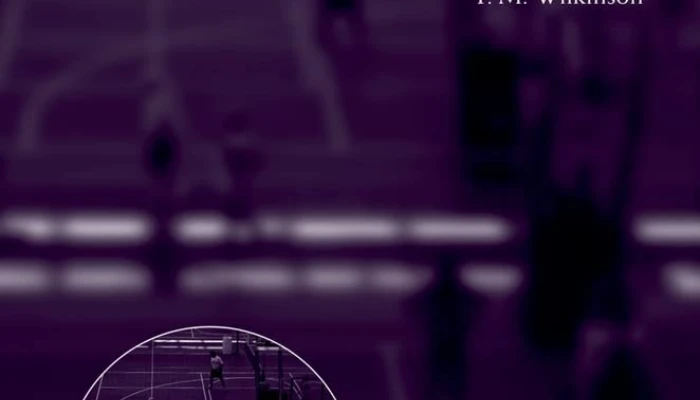
Oxford University Press: Oxford, 2011
224 pages (hb)
ISBN 978–0–19–960786–0
The question of organ donation has sparked a number of news stories recently, not least the announcement by the Welsh Assembly Government to carry out a consultation on its proposals to introduce an opt–out system of organ donation in Wales. No one can ignore the fact there is a real shortage of organs. UK Minister of State for Health, Paul Burstow, recently reported in a debate in Westminster that some 10,000 individuals now require a transplant[1]. Organ transplantation is a medically successful and cost–effective way to treat people whose organs have failed but there are not enough available to meet this demand.
T.M. Wilkinson is Associate Professor in Political Studies at the University of Auckland. A political philosopher at heart, he has shown great interest in the area of organ transplantation, chairing New Zealand’s government’s Bioethics Council and currently serving as a member of its National Ethics Advisory Committee. He brings this interest and expertise of the subject to bare in his latest book published by Oxford University Press (OUP) entitled “Ethics and the Acquisition of Organs”.
The book offers a robust and highly useful volume, working through many of the issues which get raised when discussed this topic but seldom are offered the necessary time and attention to think through the implications. This is what Wilkinson does with skill, critical engagement and coherency, bringing together different strands of thought and perspective in order to try and create a synthesis of the major issues. The result is an inspiring and intellectually rigorous text which drawing from across the disciplines. For me it was one of those books which, once I had finished reading it, I wanted to start reading it again in order to improve my understanding of the book’s material and imbibe its many salient points. I am sure it is destined to be a text which many with thumb through again and again in order to gain from its perspectives and the fact that in my one place, the reader can find a detailed account and discussion of the key issues surrounding the ethics of organ transplantation.
Mindful of the author’s longstanding interest and publishing record in this area, the book certainly feels like a book which the author was born to write and excels as a result of the substantial research and thought the author has given to the subject over the years.
Amongst the commentary, evaluation and analysis of various issues such as rights of the dead, conscription of organs, opt–in, opt–out systems and organ trafficking, you will not necessarily find definitive solutions to the problem of how organs should be retrieved. However, this is not the purpose and intent of the book, as clearly expressed by the author. Rather Wilkinson intends that the book constitutes “a better worked out and more coherent intellectual foundation than usual for deciding how organs should be required” (p.10). I agree with him; not only in terms of the end of the result (he successfully achieves the intellectual foundation) but also in terms of adopting this approach in the first place, for there is a pressing need for a thorough working through of the issues and themes which arise from this subject. The multidisciplinary approach is demonstrated through the author’s use of concepts from moral and political theory such as autonomy, rights, posthumous interests, justice, and well–being, in a context informed by the clinical, legal, and policy aspects of transplantation. By methodically working through the main arguments and positions on organ donation he helps to unravel some of the thinking, identifying weaknesses and strengths. The exploration which therefore results help to clear the ground for clearer thinking and discussion to take place regarding the practical out workings.
Consequently, I see this book as being an excellent resource to not only those studying in the field of applied ethics and bioethics but also those coming at the issues from the legal perspective, policy–makers, clinicians, and lobby groups interested in transplantation. A comprehensive bibliography at the end of the book offers provides a rich resource in terms of further reading and a one–stop reference for some of the best and authoritative literature on the matter of organ transplantation.
Structure
The book consists of ten chapters with roughly the first half concentrating on philosophical discussion and the latter half (chapter 5–10) addressing the ethical problems specific to transplantation. Wilkinson writes in a clear and lucid style which is easy to follow and understand. Although an extensive amount of material is referred to, it does not impinge upon the flow and construction of the arguments being built but probably encourages the reader to stop and reflect upon completing each chapter in order to consolidate the points being made. Whilst the author conjectures that those interested in the practical problems of transplantation may jump straight into the latter half of the book (and this can be done relatively easily) as with any book, this book’s real worth will be found in reading it from beginning to end in order to create the synthesis which the author has so diligently sought to establish.
In brief and of particular note for me were the following three chapters. Tackling the issue of rights over our bodies, chapter 2 helps to make the useful distinction from the outset of rights and rights over our bodies. Prof Donna Dickenson, in her book Body Shopping, explains our bodies are not the subject of property rights in any conventional sense. We possess a right to give or withhold consent to an operation but this is different to controlling the use of any tissue removed during the procedure. Under common law it is generally assumed that once tissue has been removed from the body, the tissue has been ‘abandoned’ by its original ‘owner’ or that it belongs to no one when it has been removed. Wilkinson’s discussion makes a further insightful contribution to this ongoing understanding of the legalities and rights surrounding the human body, something which I believe we should all be made more aware of as we progress further in the biotech century. The author’s use of the term of ‘personal sovereignty’ as that which constitutes bodily integrity and rights to individual autonomy is particularly helpful and the corresponding discussion concerning informed consent and self ownership beneficial in bringing clarity and understanding to what is meant by these terms in the wider discussion of acquiring organs. Bodily integrity may be in large part uncontroversial but the model of personal sovereignty and the idea that people should be able to make choices over what happens to and how they use their own bodies, appears to be great in theory but not so great in practice, seemingly running in stark contrast to practices adopted around the world today. For example, in the regulation and control of medicines. The discussion of how the personal sovereignty model is flexible and robust enough to allow people not to make their own decisions but make choices about their choices in certain situations is illuminating and is indicative of how the author treats similar issues throughout the book.
Moreover, chapter five looks at the role of the family and how if individuals have rights over their bodies after death, how does the role of the family fit within this. Given the current discussions taking place in Wales concerning an opt–out system and the often cited case study of Spain appearing as evidence for the adoption of such a system, Wilkinson’s analysis helps to shine light on an issue what can often be overlooked and the case of Spain’s success in donor rates also exemplifies: the need to have the family more involved in the process of decision making.
Consent and issues of uncertainty about the wishes of the dead is the focus of chapter 6. Wilkinson defends a policy under which organs may be taken where there is no good reason to think the deceased would have objected and the family do not object. In this chapter the author offers a helpful discussion of the ambiguity surrounding presumed consent and an opt–out system bringing distinction between consent and wanting before and dealing with the issue of uncertainty. Within this chapter some cogent analysis pertinent to the recent consultation the Welsh Assembly has just run concerning the proposals of an opt–out system for Wales.
Conclusion
As a New York Times article reported in 2006, to an economist, the organ transplantation represents a basic “supply–and–demand gap with tragic consequences”. The need is great and yet the vital raw material is in short supply. Every place in the world which as a transplantation programme has to face up to and attempt to resolve the ethical consequences raised by this scarcity. Wilkinson’s new book is a timely and welcome contribution to the debate, helping to shine a clear and strong light upon crucial material which will help to inform conversation and ultimately help to shape solutions and policy approaches.
––––––––––––––
[1] Hansard HC, 9 Nov 2011 : Column 97WH http://www.publications.parliament.uk/pa/cm201011/cmhansrd/cm111109/halltext/111109h0001.htm#11110978000002




